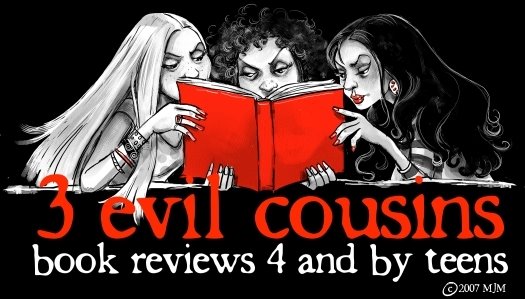Take a moment and consider the concept of this book: eastern philosophy explained using a children's storybook character. Cute? Yes. Borderline absurd? Perhaps. Yet, Hoff brilliantly executes the seemingly silly concept. Pooh is Taoism personified. The Winnie-the-Pooh stories Hoff references simplify Taoism's principles and teachings while his references to Chinese writers, Chinese terms, Chinese paintings, western philosophers, musicians, etc. add a delicate flavor to the novel. The Tao of Pooh merges simplicity and profundity into one delightful work of art.
My only complaint is the complaining. At times, Hoff's tone becomes whiny. The tone reminds me of a teenager vehemently defending his/her peculiar lifestyle choices to a large group of overly judgmental peers. However, he tends to have a good point. Knowledge for the sake of flaunting one's imagined superiority is rude and distasteful: definitely not a good way of living one's life. However, when Hoff bashed science, I felt he went too far. Granted, it was only a single sentence, but it struck a chord deep within my gut. He accused "Nearsighted Science" of asking questions it will never know the answer to and coming up with more questions instead. True, science raises more questions than it answers, but I would not go so far as to call it a waste of time. I see science as pushing the boundaries of human knowledge: a useful pursuit (I rather like running water, electricity, computers, indoor plumbing, fiber optics, vaccines, antibiotics, etc.).
Clearly, I am biased towards science. I simply felt some of Hoff's refutations of other pursuits of knowledge/wisdom were too harsh and confrontational. Negative criticism aside, the book does possess redeeming qualities. The stories of Pooh and his friends wonderfully illustrate the tenets of Taoism, which are elegant in their own right.

Yours meditatively,











